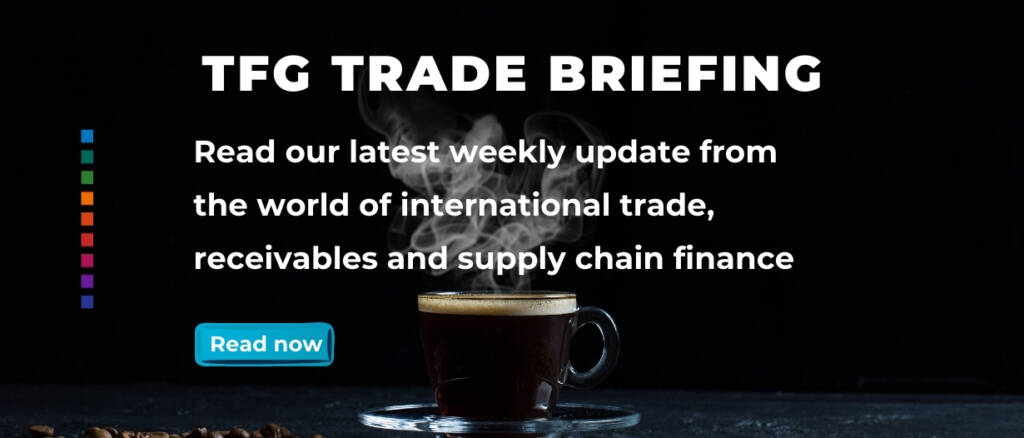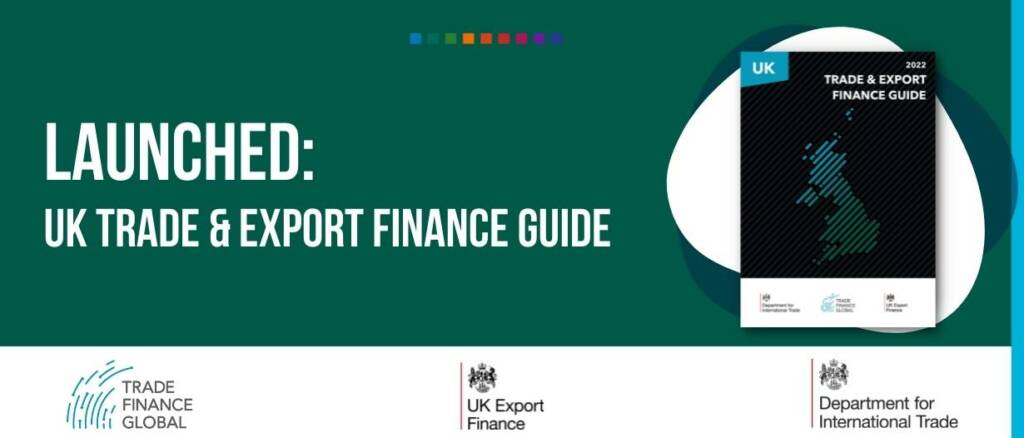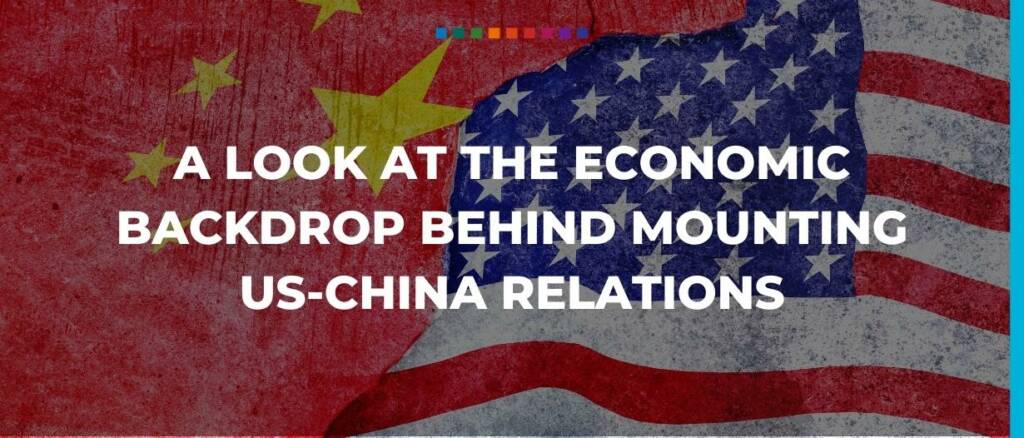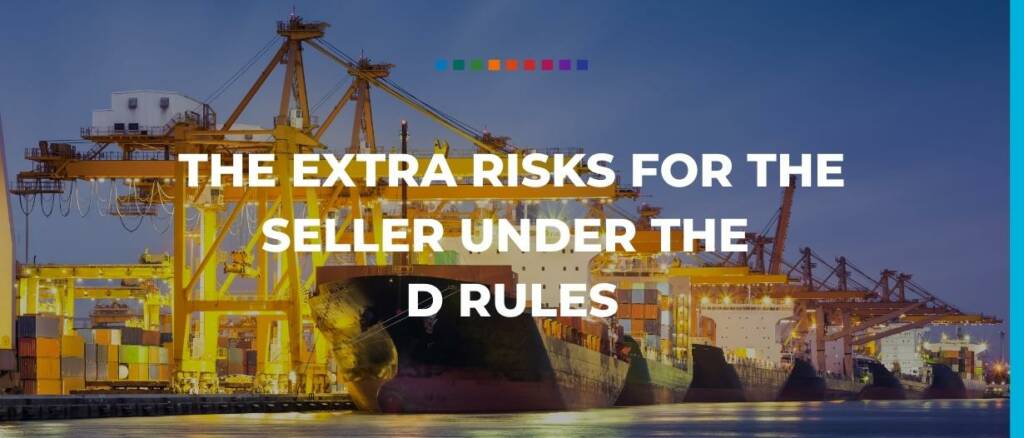Your Monday morning coffee briefing from TFG: TFG partners with UKEF and DIT to create a trade and export finance guide
The digitisation of the trade finance industry has brought considerable change to the market in recent years.
Trade Finance Global has partnered with UKEF, the UK government’s export credit agency, and DIT to produce the UK Trade & Export Finance Guide.
Your Monday morning coffee briefing from TFG: Virtual tradecast: TFG joins forces with Tinubu to discuss trade credit insurance
From former US President Donald Trump’s trade war with China to House Speaker Nancy Pelosi’s controversial visit to Taiwan in August, ties between the US and China have been delicate in recent years.
Cash flow is an absolutely essential part of running a business – and smaller companies and startups can underappreciate it. There are many examples of businesses with tremendous interest in… read more →
When considering the world’s best mobile phone markets, your mind likely jumps to cities like Tokyo or Toronto, long before it reaches the likes of Kinshasa or Kampala.
With the seller not only contracting for carriage to the buyer’s country but also contracting for delivery to occur there – the difference between the C rules and the D rules – the seller not only bears the transit risk but potentially puts itself in jeopardy of breaching the sales contract.
With commodities like food and energy resources scarcening in the face of climate change and the Ukraine-Russia conflict, all eyes are turning towards Africa as a possible solution.
Your Monday morning coffee briefing from TFG: The acceleration towards green and renewable energy through cutting ties with Russian gas






















